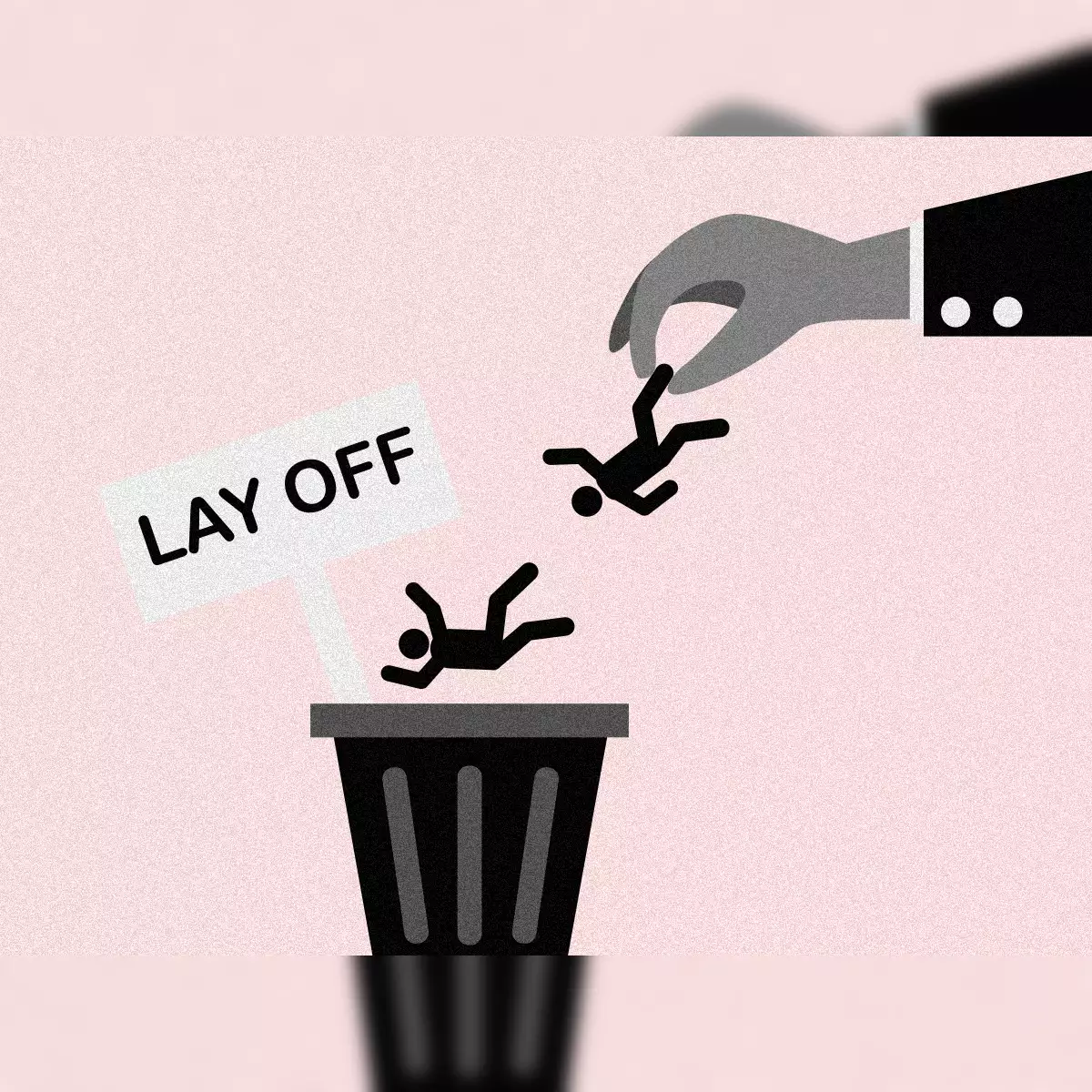The video game industry is currently facing a significant upheaval marked by widespread layoffs across several major companies, underscoring a challenging period post-pandemic. This phenomenon is not only reshaping the landscape for professionals within the industry but also has far-reaching implications for the gaming community and the future of game development.
Key Highlights:
- The video game industry has seen a significant number of layoffs in recent years, with an estimated 9,000 developers laid off in 2023 and the trend continuing into 2024.
- Major companies like Microsoft, Riot Games, and Twitch have announced substantial job cuts, affecting thousands of gaming professionals.
- These layoffs are attributed to a combination of post-pandemic market adjustments, unwise investments during the COVID boom, and a shift in consumer behavior.
- The impact on game developers includes job insecurity, increased workloads for remaining staff, and potential shifts in creative leadership, affecting ongoing and future game projects.
Understanding the Layoff Wave
The Pandemic Boom and Its Aftermath
The video game industry experienced unprecedented growth during the COVID-19 pandemic, leading to increased investments, acquisitions, and an overall optimistic outlook for continuous expansion. However, as the pandemic waned and normalcy began to return, the industry faced a reality check with growth rates slowing down and the market stabilizing back to pre-pandemic trends. This adjustment period has been challenging for many companies that expanded rapidly during the boom, resulting in widespread layoffs as a method to cut costs and realign their strategies with the current market realities.
Corporate Decisions and Their Impact
Large corporations like Microsoft, Riot Games, and Twitch have made significant layoffs, with Microsoft cutting 1,900 workers in its gaming division following its acquisition of Activision Blizzard. Riot Games laid off 530 employees, approximately 11% of its staff, to refocus on its core games division. Twitch laid off over 500 employees, around 35% of its staff, after a period of rapid expansion during the pandemic. These layoffs are a direct result of the strategic decisions made during the pandemic’s height, which did not account for a potential market normalization post-pandemic.
Effects on Game Developers and Players
For game developers, the layoffs have led to job insecurity, increased workload for the remaining staff, and significant shifts in creative leadership within companies. These changes can alter the course of ongoing and future game projects, potentially affecting game quality and release timelines. Players, on the other hand, may experience delays in game releases, cancellation of anticipated projects, and changes in game development direction, which could impact the overall gaming experience.
Navigating the Future
The video game industry is in a period of transition, grappling with the effects of rapid expansion followed by a need for consolidation and realignment with the current market dynamics. As companies navigate these challenges, the landscape for game development and the broader gaming community is likely to see significant changes. This period of adjustment calls for resilience and adaptation from both industry professionals and companies to emerge stronger and more aligned with the evolving demands of the gaming market.
The wave of layoffs in the video game industry is a reflection of broader economic trends, corporate decision-making, and the unpredictable nature of market demand. While these layoffs present immediate challenges for those directly affected, they also offer an opportunity for the industry to recalibrate and focus on sustainable growth. The coming years will likely be a test of resilience for the gaming industry, as it seeks to balance innovation with economic realities.



















